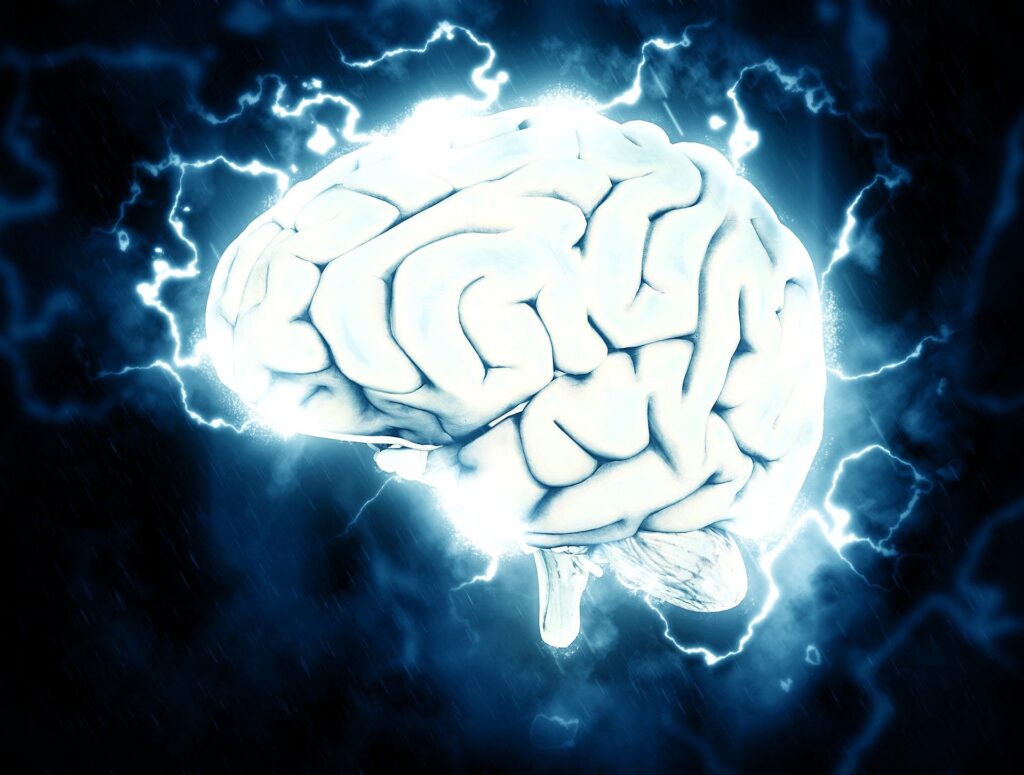We all faced exams right!? We studied a lot but forgot things after the exams sometimes, even during the exams. People have their own way of preparing for exams. Some of us started learning things earlier before the exams, some of us preparing at the time of exams. Also some may experience mild fever, anxiety or stress for the exams. After the exams we feel free and happy and simultaneously forget about the things we learned. Many of us surely have a question on how we forget about the learned things. Well, here I am going to clear your doubts.
To get into that, first we have to know about:
- What is memory and memory formation?
- Why do we forget?
What is memory?
Memory is the retention of information in our brain and it is retrievable anytime. We commonly classify memory into short term (STM) and long term memories (LTM) and also we know that Short term memory possesses the information for a short period of time and long term memory possess information for a long period of time. But there are several types of memory. Majorly memory can be classified into three and that three has subdivisions. We will see each memory one by one.
1. Sensory memory
· Iconic memory
· Echoic memory
· Haptic memory
· Olfactory memory
· Gustatory memory
2. Short term memory
· Auditory/Verbal memory
· Visual/Spatial memory
· Working memory
3. Long term memory
§ Declarative/Explicit memory
· Episodic memory
· Semantic memory
§ Non Declarative/Implicit memory
· Procedural memory
· Associative memory
· Non associative memory
· Priming
SENSORY MEMORY:
Sensory memory is the storage of information on a daily basis. It is an ultra short term memory. It is gathered by our senses of sight, touch, hearing, smell and taste. The gathered information is retained for less than 1 sec approximately 800ms and won’t go for memory reconsolidation (usually called as recall). Iconic memory is gathered by sight stimuli to sensory cells of eye; Echoic memory is gathered by auditory stimuli to temporal lobe in the ear; Haptic memory is attained by touch stimuli to nerves in the skin; and Olfactory memory is attained by smell stimuli to olfactory bulb and olfactory cortex. Gustatory memory is achieved by taste stimuli to taste buds in the tongue.
Sensory memory and short term memory are different. If a person gives attention to any senses that will be processed as short term memory and long term memory also based on how important that information is. Sensory memory is not involved in consolidation and reconsolidation as said earlier. These are the processes involved in formation of long term memory. The key-role of sensory memory is that it observes the environment and collects information through five senses and produces memory for a few milliseconds that will not undergo memory formation (consolidation) and rehearsal (reconsolidation) except the memory that goes for short term and long term memory.
SHORT TERM MEMORY:
Short term memory keeps back memory up to 30 seconds. This is obtained from the learning and sensory memory that is wanted for some more time. STM stores small information for a short period. For example if you attend a seminar and listen to those speeches, you would process it for only a short period of time if you want it for a long period your brain will store it as long term memory.
Working memory – It is a short term memory but which is the STM used to perform a task or encounter daily life.
Short term memories are stored in the prefrontal cortex in the brain. Simply, working memory used to recall the short term memory after a particular time. We can enhance the ability to store the information as short term or memorize that information by rehearsal, practicing. Auditory/Verbal memory comes under STM. Which is making memories from hearing. For instance, a child writing something followed by dictating. Visual/spatial memory is making memory with visuals. This type of memory extends for some period of time. These types of short term memory can be manipulative because they are unstable one as time passes.

LONG TERM MEMORY:
Long term memory is memory stored in our brain for our whole lifespan. It is almost connected to our emotions. For instance, if you learn something with a lot more interest, it will go for long term memory; the uninterested things won’t. It comes from the sensory to short term to long term by consciously or unconsciously. There are mainly two types of long term memory.
Declarative or Explicit memory
In this, a memory attained under our consciousness. Also it is referred to as declared, meaning unchangeable also called facts, can be stored in this type of memory. There are two types of explicit memory 1. Episodic memory 2. Semantic memory
Episodic memory stores the events or instances that we encounter in our daily life as important to our subsequent life or it is emotionally connected to life. It can be stored as long term memory may be stored for several hours, months or years depending on that event’s significance. Semantic memory stores information of facts and definitions. Facts are unchangeable like hot water will turn ice cubes faster than cold water. Hippocampus in the temporal lobe, neocortex in the cerebral cortex and amygdala responsible for explicit long term memory formation and storage. These three parts are collectively processing the information for long term storage. Hippocampus in the brain forms memories of events; Neocortex located in the brain cerebral cortex forms memories of facts and knowledge and amygdala forms memories that are emotionally connected to that information.
Non Declarative/Implicit memory
This type of memory occurs unconsciously. It is often associated with practicing something or getting several rehearsals. Getting a skill or habit is mostly relying on reflex action to the situation that action acquired by several repetition of practice. There are four types of implicit memory 1. Procedural memory 2. Associative memory 3. Non associative memory 4. Priming
Procedural memory
Acquiring skills and habits necessary to perform a task. Associative memory associated with or depends on the other information which may occur by consequences of other information. Non associative memory is acquiring a new habit through repeated practicing. Priming is a type of exposure to something frequently and gets memory unconsciously. As we know implicit is a memory getting under unconsciously, our information processed and stored in basal ganglia and cerebellum.

FORGETTING
It is normal that we cannot memorize everything that we encounter in our daily life or during our studies. Forgetting is the worst part and a nightmare for students who wish not to forget the thing they studied for exams. But it actually happens for several reasons. We’ll see one by one.
1. INTEREST AND EMOTIONS
2. TIME
3. COLLOIDAL OF PHENOMENON
INTEREST AND EMOTIONS – we can see if we really love to learn about something we will quickly learn that skill also that memory retained for a long period of time may be for whole life. Emotions play a major role in long term memory formation. One with strong emotion can easily memorize the events.
TIME – Time will erase all the memories as we get along new memories. If we do not get repeated exposure to something, it l may fade away easily. For instance if we don’t use any electronic items it will easily corrode and stop working like our brain. Another reason is we get new memories daily so our old memories fade easily if we can’t connect or correlate the new memories to old memories.
COLLOIDAL OF PHENOMENON – If the same phenomenon happens in different periods of time, it may collapse our memory storage.
What should we do to attain long term memory?
From the above stated you can answer this question. But we will see what it is!
· We have to spend more time to study
· One day before exam study won’t work for long term memory
· Have more interest on the topic you are going to study
· Correlate the things you study
· Practice more
· Emotional connection can create long term memory
You can do some activities to improve your memory. A healthy diet like fruits, veggies, nuts and whole grain. Also get a good sleep routine. Do some brain activating actions like, playing chess, solving puzzles, brain activating diet.
SUMMARY
Every person has the ability to store and remember unlimited information and skills. It will provide complete information about one’s life and connect it to create a story. There are a variety of memories but our brain stores only the memory we want and we utilize it. Three types of memory occur 1. Sensory memory 2. Short term memory 3. Long term memory. If we want to keep our memory for the long term we have to practice more to acquire a skill. Having a healthy diet and doing some brain activating work, most importantly spend more time on what you want to study!
Discover more from Aristoscienceworld
Subscribe to get the latest posts sent to your email.


